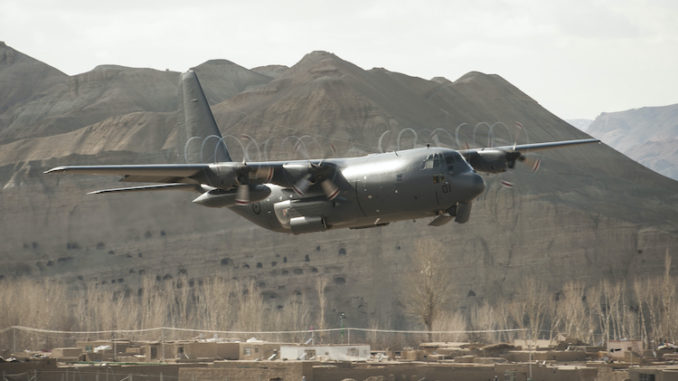According to Opposition spokesperson for Defence and Veterans Chris Penk MP, New Zealand must learn lessons from Afghanistan if we are to respond properly to the moral and military challenges of the future.
Let’s talk about Afghanistan. The security situation in that country has undergone such a dramatic transformation in the past several weeks that it’s probably unwise of me to record my thoughts on it now. After all, the next several weeks could yet register a further shift – as the situation is clearly not settled, as I write – that other lessons to be learnt may well overtake any that I offer now.
On the other hand, some points feel so compelling that they simply must be made at the earliest opportunity. More importantly, though, a number of lives hang in the balance now.

First, I want to emphasise my gratitude (and I hope the gratitude of every Member of Parliament) to the brave men and women of our New Zealand Defence Force who served in Afghanistan. I’m referring to all those who deployed these past two decades, including those most recently as part of the evacuation mission, Operation Kōkako. On a similar, sombre note, I want to express my deep heartfelt sympathy to the families of the brave US soldiers and Afghan civilians who were killed during an attempted evacuation from Kabul Airport.
I also want to pay tribute to those Afghanis who worked closely alongside the NZDF and the troops of our friends and allies, helping to make their country a safer and better place. The events of the past month have not decreased the significance of such service. Sadly, though, these events will inevitably have increased the prospect that the Taliban will seek to enact reprisals against these people.
New Zealand owes a moral obligation to every such man, woman and child. This has been met in part – but by no means yet in full – by Operation Kōkako. The government, on our behalf, simply cannot turn its back on them now. In late August, the re-settlement door was slammed shut as the government abruptly advised that no further applications would be considered.
It’s certain that not all of the Afghan civilians who worked alongside us have been evacuated. The only uncertainty now is the number left behind. I was disappointed to see the Defence Minister, in a statement to Parliament, unwilling or unable even to estimate an answer the simple question posed by Judith Collins: how many New Zealand nationals and Afghanis who worked alongside us have been left behind?
READ MORE
- Plea for New Zealand Government to provide urgent visas to Afghan women at risk from Taliban
- Sixty New Zealand human rights groups, activists call for Government to escalate response to 'humanitarian disaster'
- Taliban accused of beating and killing pregnant police officerPersonnel deployed on Afghanistan evacuations return to New Zealand
It is true enough that the situation in Afghanistan deteriorated faster than almost anyone expected. Too many countries were caught off guard by the sudden takeover by the Taliban. Across the world, we have been shocked, as well as saddened, by some of the harrowing scenes playing daily on our TV screens.
It seems extraordinary to me that our government did not appear to have considered the possibility that the Taliban regime would quickly re-assert itself in the absence of coalition boots on the ground. The Defence Minister and his Cabinet colleagues need not have thought it certain – but merely possible – that such a situation might eventuate, in order to have conducted some contingency planning.
Not only were we caught off-guard in that respect but our subsequent reaction was slow. Quite simply, the Ardern Administration took far too long in the circumstances to meet to discuss deploying to evacuate people from Afghanistan.
Cabinet didn’t trouble itself to meet prior to its regular, scheduled meeting on the Monday afternoon. We lost several days’ worth of time that could have been used to prepare NZDF assets and personnel for deployment, given that it was actually the preceding week that the Taliban rampage was already taking place in earnest. The UK convened its Parliament early, for example, and other nations also acted with some urgency.
In short, we got caught short.
So what other lessons might we learn? Our failure to evacuate all civilians who worked alongside New Zealand in Afghanistan may well prove harmful in other ways. In a hypothetical equivalent deployment elsewhere in the future, we might not see the same level of support from locals if they fear that their fate might be the same. Based on the events of 2021, such fear would be well founded, painful as such an admission may be.
At this stage, all these home truths are lessons that we can learn. More than that, they are lessons that we should learn. Whether or not we do learn them is, of course, an open question.Let us hope that we can indeed learn these lessons so that New Zealand is able to respond properly to the moral and military challenges of the next two decades. In the coming weeks, as the Taliban hunt down our friends in Afghanistan amid desperate pleas to Wellington, we will have an answer, at least for now.





